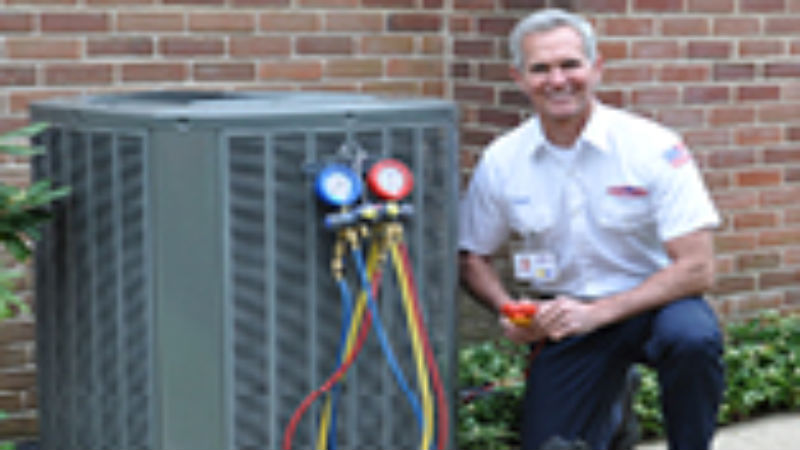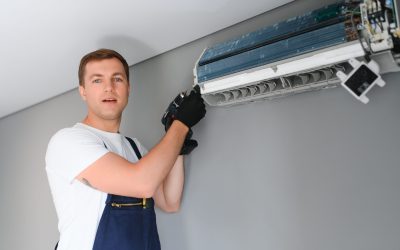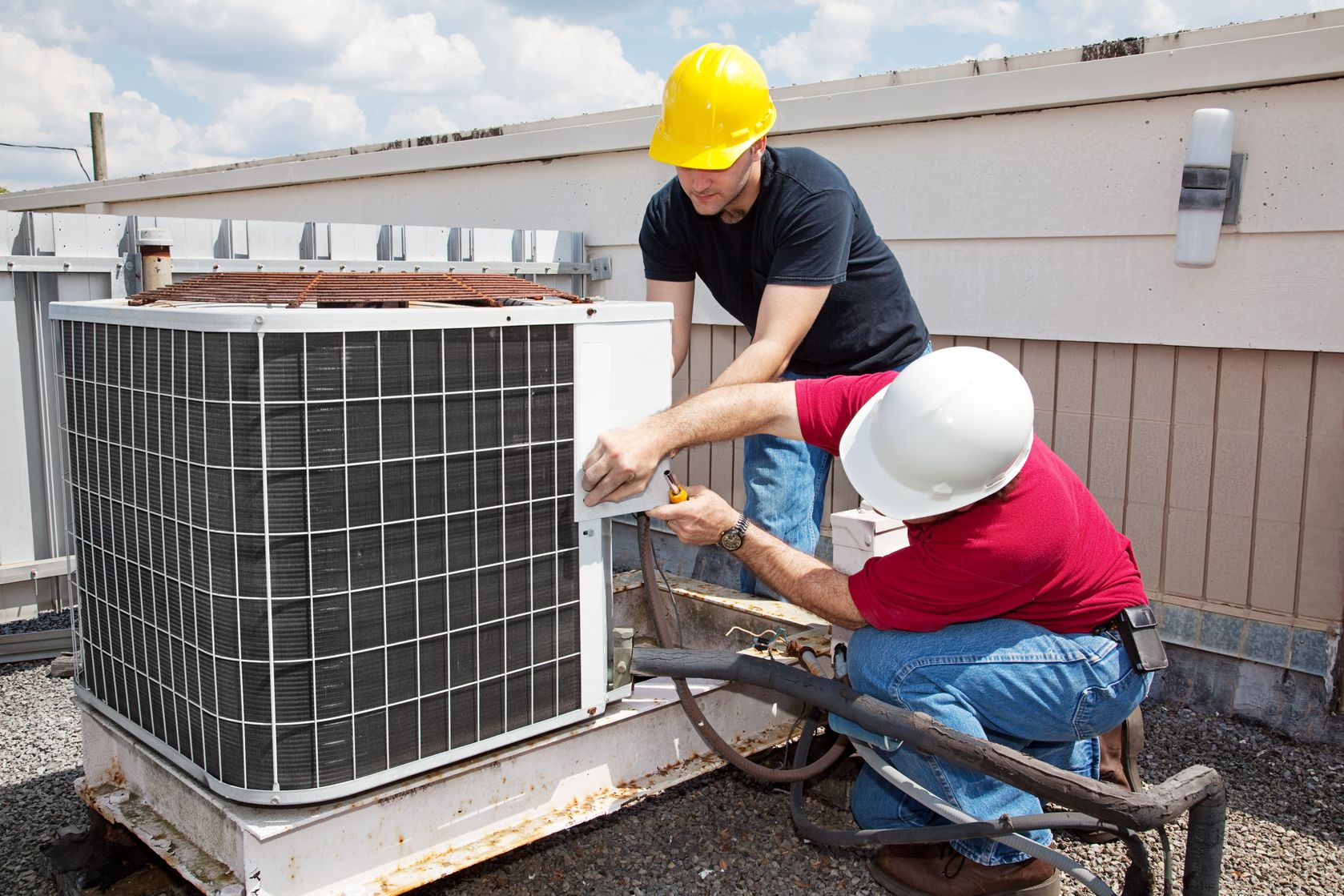In the mid year months, temperatures easily reach uncomfortable ranges, and your family needs a cool retreat. When summer hits your home might be the only relief you and your family has, that is unless your air conditioner isn’t working. You can imagine how frustrating it can be to turn your thermostat down, and hear nothing but grinding noises coming from your AC unit. During the winter months in regions like Pennsylvania your air conditioner gets covered in snow, freezing rain, leaves and dirt. With build up like that, your AC unit might be too clogged to properly circulate air. Even worse than clogged air intakes, the motor in your AC could have corroded beyond use.
If you have noticed a certain lack of cool air coming from your air conditioner, contact an Air Conditioning Contractor to visit your home. Your local Air Conditioning Contractor should be contacted at least twice per year for duct cleaning, and appliance maintenance. During the long winter months in northern states your air conditioner can become unusable, so semi-annual visits might be necessary in order to keep your appliances running properly. It might seem like an unnecessary expense to have your service provider visit twice a year when your appliances are still running, but those visits are much cheaper than replacing an appliance that has not been properly serviced.
Certain precautions can be taken to prevent unnecessary service visits, such as a cover for your outdoor air conditioning appliance. Some units can actually be removed when not in use, allowing you to store them in a garage or basement. Although storing the appliance itself it simple enough, central air conditioner units are heavy and will require more than one person to safely move. The unit is not only heavy, but it has duct work and wiring attached to it that could be damaged if handled improperly. You should contact a service provider if you choose to store your AC unit to prevent damage that might make it impossible to re-install. You will also need to seal up the unused ducts to prevent pest and animals from using them to hide or nest in.


